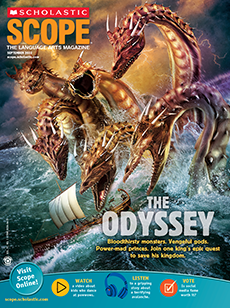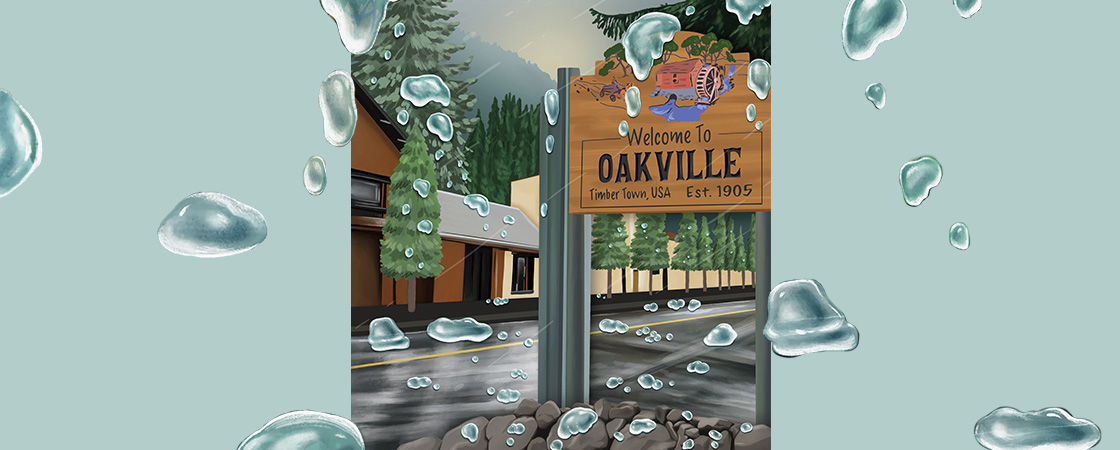The blobs were no bigger than a grain of rice, though some clumped together to form bigger blobs. After the storm passed, the goo remained.
Then the sickness started.
Within hours of handling the blobs, Lacey fell ill. He—and dozens of others who had touched the sticky goop—suffered breathing difficulties, dizziness, and nausea.
Over the next few weeks, five more blob showers fell over Oakville. More people got sick.
But what were the blobs? Some thought they were tiny bits of jellyfish. Perhaps a waterspout (a tornado over water) had swept up jellies from the ocean before moving inland, and later pieces of the jellyfish “rained” down.
Such events are not unheard of. Throughout history, people have reported bizarre showers of fish, frogs, and even turtles, all likely caused by waterspouts.
But dead jellyfish stink. These blobs had no odor.
An even grosser theory emerged: Maybe the goop was poop. What if a plane had accidentally dumped human waste over Oakville?
Aviation officials said that wasn’t possible. On planes, human waste gets treated with a blue chemical. The Oakville blobs were colorless.

